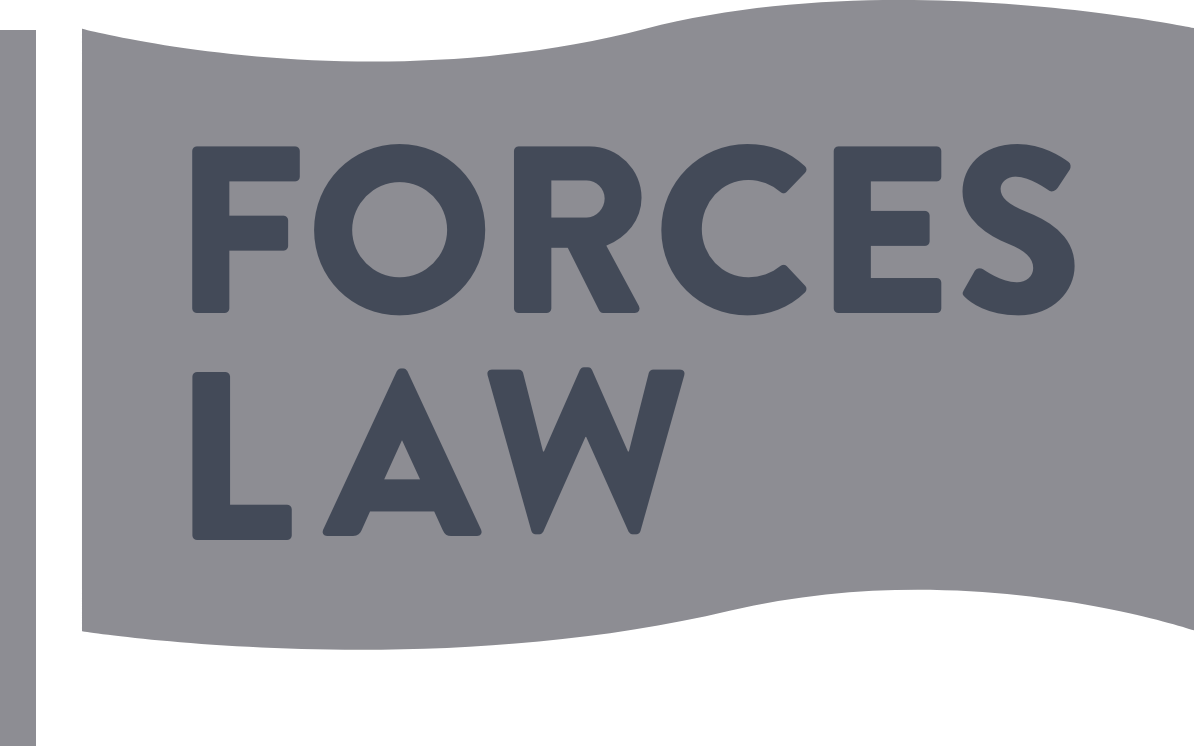Family Law – Children
England and Wales:
Children can often be forgotten during the separation process. Involving them is important, they need to feel that both parents will continue to support them.
If you are unable to agree where the children will live, how much time they will spend with each parent and how they will be financially supported, you may need ask a court to decide the arrangements for you. This can be costly and unnecessary and every effort should be made to reach an agreement with the children’s best interests as the paramount factor to consider. You may wish to use a mediator. Citizens Advice, Cafcass, Veterans Gateway and other local agencies and charities may also help you come to an agreement.
If you are separating and in receipt of Continuity of Education Allowance, take advice from the Children’s Education Advisory Service regarding continued eligibility.
Court Orders
Anyone with parental responsibility for a child can apply for a Court Order:
A Child Arrangements Order decides where a child lives, when they spend time with each parent and when and what other contact can take place such as phone calls and letters. These may need to contain a degree of flexibility where one parent is serving in the Armed Forces.
A Specific Issue Order is used to make a decision on a specific question such as the school they will attend or taking the child on a holiday.
A Prohibited Steps Order is used to stop a parent from making a decision for the child that you do not agree to.
Forces Law, with their wealth of knowledge and experience in military family matters, can help resolve the stressful issues that can arise within the shortest possible time.
Northern Ireland:
For Family Law information in Northern Ireland, contact our Forces Law Members at McCartan Turkington Breen
Scotland:For Family Law information in Scotland, please refer to Scottish Government Family Law
The most important point that we can make is to take advice from one of our specialist firms as soon as possible if you have any related query.
Our member law firms who provide this service
If you’re ready to get in touch with a lawyer and you know which member law firm you would like to speak with then please click on the link below to be taken to their website.








